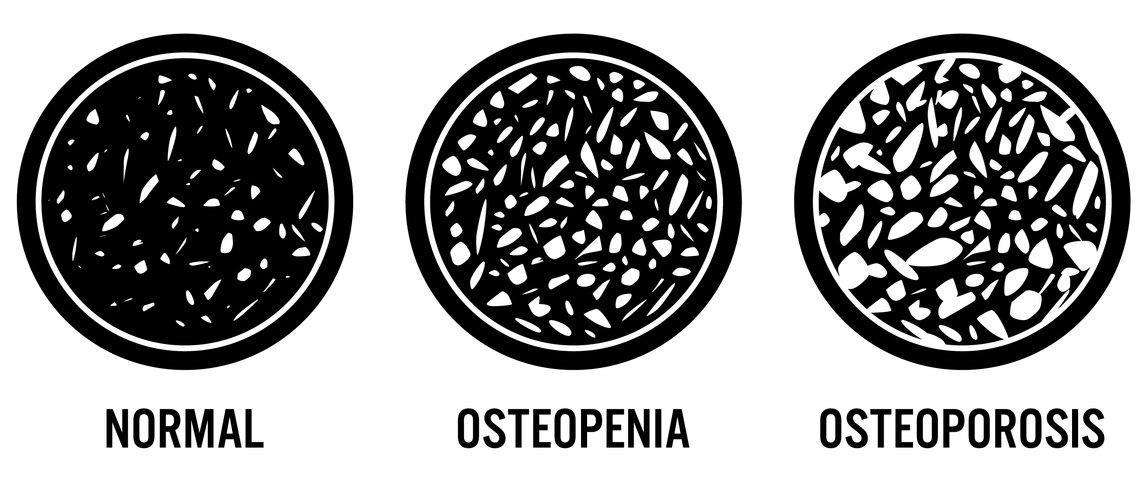Osteopenia t score
Osteopenia t score. Results from a bone density test are reported as t score. (Sometimes a z score is also reported.)
What does your Osteopenia t score mean?
Your T score shows how your bone density, at whatever age you are now, compares to that of the average healthy adult who is 30 years old.
Why a 30 year old? It is believed that the bones of both men and women are at their peak density at age 30. (Peak bone mass usually indicates strong bones; bones that are less likely to fracture under normal circumstances.)
At some time after age 30, women and men begin to experience hormonal changes that reduce the body's bone building. Your bones no longer add density. Then, over time the body begins to use the calcium stored in its bones and teeth to supply its daily needs. Bone begins to thin and sometimes teeth begin to have cavities. (Frequent and/or multiple cavities can sometimes be a sign that your body is using the calcium stores in your teeth (and perhaps your bones). If multiple cavities or bone fractures are a problem for you, you might want to ask your physician for a dexa scan so you can know if your bone density has been compromised.
Then with age, many people find that their bone density becomes less and less. They develop Osteopenia or the more serious Osteoporosis (porous bones). The possibility of fracture increases.

For some persons the first area to show significant bone loss is their hips and they develop hip Osteopeina. (Diagnosis of Hip Osteopenia is an important warning sign that should not be ignored. Why? It can lead to hip fracture and such fractures often lead to an inability to live independently and even death within a year of the fracture. ( There is an association between hip fractures and an increase in mortality. The one year death rate after a hip fracture is estimated to be between 17 and 27 %) Click to read more about Hip Osteopenia, Osteoporosis.
Of course this bone loss can be avoided by anyone who realizes that it is important to build a life style that will enhance their bone building. I assure you that you can do it. I and others have reversed our Osteopenia and even Osteoporosis. It can be done.
I urge you to take the time to read more articles on this site. Unlike some websites, Osteopenia3 has not been built by someone with a specific product to sell. I am a retired college professor who reversed my own bone loss twice. The first time when I developed post menopausal Osteopenia; the second time when I developed bone loss after hospitalization and a long recovery when I was not able to be active. I know that we can build strong bones...at any age. We need to understand the causes of your bone loss and then take appropriate steps to build strong bones.
Suggested Reading: More about dexa scans and Osteopenia t score
Natural ways to build strong bones even as you enter mid-life and/or old age.
To read more elaborate explantion of bone density results go to Osteopenia t score radiology information
Also, there is a technological site about dexa scans at: https://www.radiologyinfo.org/en/info.cfm?pg=dexa
